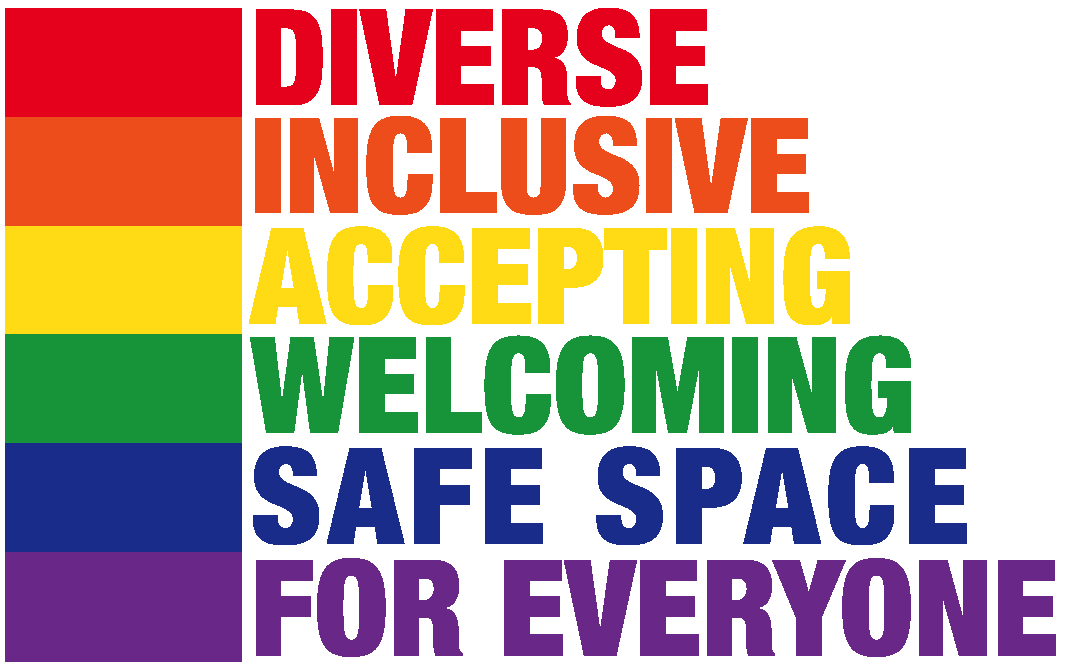Coping with COVID-19 Fear
The COVID-19 pandemic created another pandemic: fear. The fear of catching the virus or spreading it to someone you love is scary. Especially if you have ones in your life whose heath is compromised.
With COVID-19 also comes grief, a loss of a sense of how things used to be, and a sense of helplessness, because so much may seem out of your control. This all feeds the fear. What can happen is we can fall into thinking traps. Ways of thinking that aren’t helpful.
Some of the thinking traps we might fall into are:
Filtering: focusing on only the negative details of a situation and ignoring the positive aspects of what has been occurring. The daily news feeds also fuel this way of thinking as they often reports the negative aspects of what is happening in the world. Right now, we can take the time to focus on the parts of the pandemic which have brought about some shifts that are positive, whether it’s people you see less of, or people you see more of, or a new appreciation for gathering in groups – which you will not take for granted when that is allowed to happen safely again. Look for those take-aways that we can gain from this experience. You might also choose to put yourself on a news or social media “diet” so you aren’t feeding into what increases fear.
Overgeneralizing: is similar to filtering and is another thinking trap, where we make a broad generalization which is based on only one piece of (usually) negative evidence, such as thinking nobody is taking this virus seriously. When you see a few people not wearing masks, you might generalize this and think ‘nobody is wearing a mask” – instead notice all the people who are wearing masks, people who are doing the right thing.
Catastrophizing: is a thinking trap where you assume disaster will occur. Catastrophizing thoughts usually start with the question What if? As in….What if I get the virus? What if the pandemic never ends? This thinking is not based on fact but rather assumptions that are based on worse case scenarios. We are all prone to this type of thinking. Our minds want to find the worst-case scenario and try to solve it. The only problem is … it usually can’t be solved because it is an assumption.
Magnifying and minimizing: are also thought traps that we can fall into when we exaggerate a problem so that anything difficult is deemed overwhelming. This can be like filtering or over generalizing in that we see what is bad and magnify it – ‘everyone is getting COVID-19’ is an example of a thought that is magnified whereas the percent of positive test in Canada to the date of this posting is 3.3 per cent of those tested across the country.
Shoulds: This thought trap happens when we have a list of rules that other people are expected to follow, and we assume terrible consequences will occur if these rules are broken. We feel angry if others break these rules and feel guilty if we break them ourselves. With COVID-19 this could be people not wearing masks, or not following the arrows in grocery stores. We can get angry and allow that anger to further feed the fear.
How to Process COVID-19 Fear
With COVID-19, it is a real virus that can be dangerous. But we have to keep our fears in check or we will become people whose thoughts and actions are ruled by fear, rather than fact. If we focus on what we can do, on what we are grateful for, we will keep fear at bay and behave in ways that are aligned with our values.
Some tips for avoiding the thought traps that we’re vulnerable to during this pandemic:
- Keeping a gratitude journal.
- Noticing those things that we appreciate about this time. Most importantly doing things that give us joy and taking care of ourselves is important.
- Making a list of all the things that you can still do despite the restrictions and risk of contagion.
- Mindfulness YouTube videos are easily accessible. Find one you enjoy and take time to slow the brain, to focus on your breathing and be in your body for a time and give your mind a rest.
- When you succumb to those thinking traps, remind yourself that they are just that, traps of the fear-fed mind, and if you become aware of them, they are one more thing you can control … and can help lessen the fear you are feeling.
- Safe and Sane is one of my favorite COVID-19 resources. It takes you through your feelings and ways to challenges feelings and thoughts. It helps you to recognize some of the thought traps you might have and what to do about them. https://www.bewellclinic.ca/post/coping-with-covid-19-ten-tips-to-staying-safe-and-sane-while-stuck-at-home. I love the author’s motto: Learn from the past, live in the present, believe in the future.
Patti Custance is an intern counsellor at Hollyburn Family Support Services. She specializes in working with anxiety, depression, grief and loss and trauma. Patti has experience working with women who’ve experienced intimate partner abuse and assault. She can be reached at email hidden; JavaScript is required


